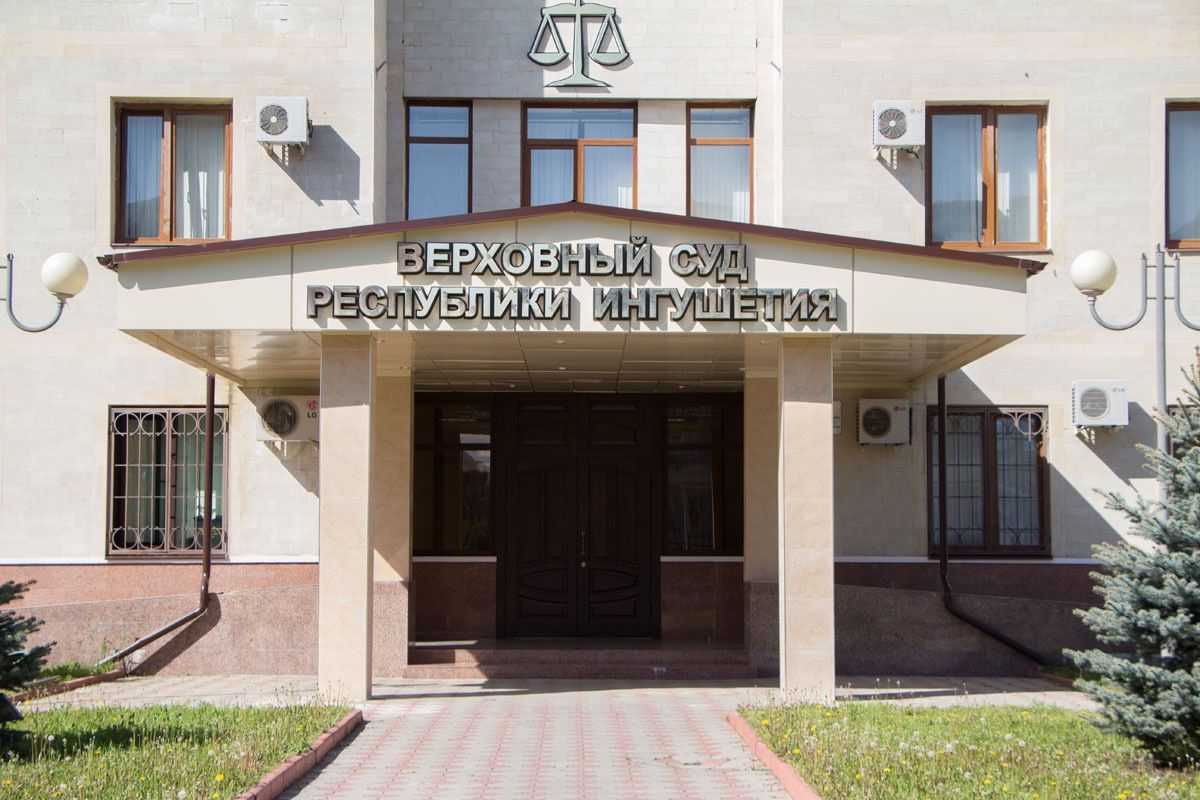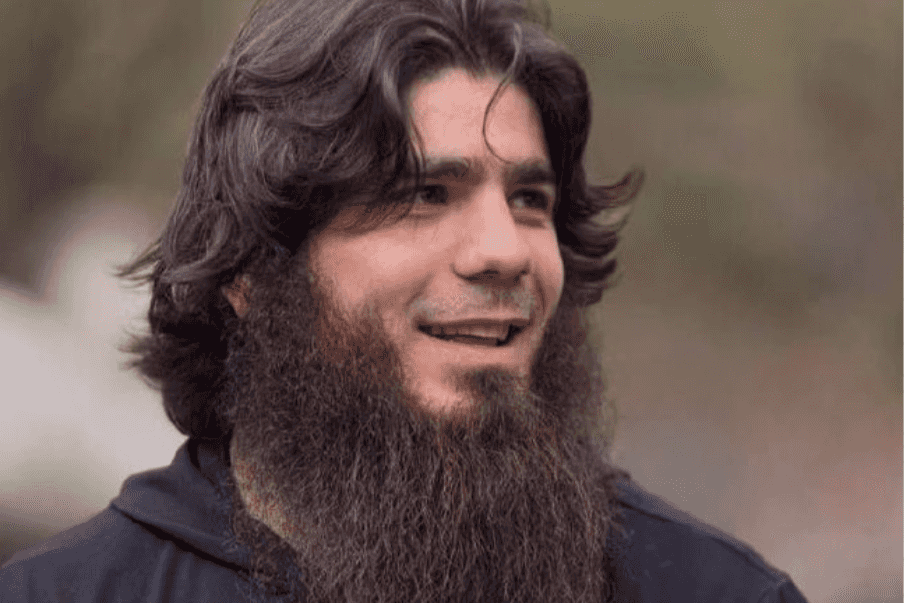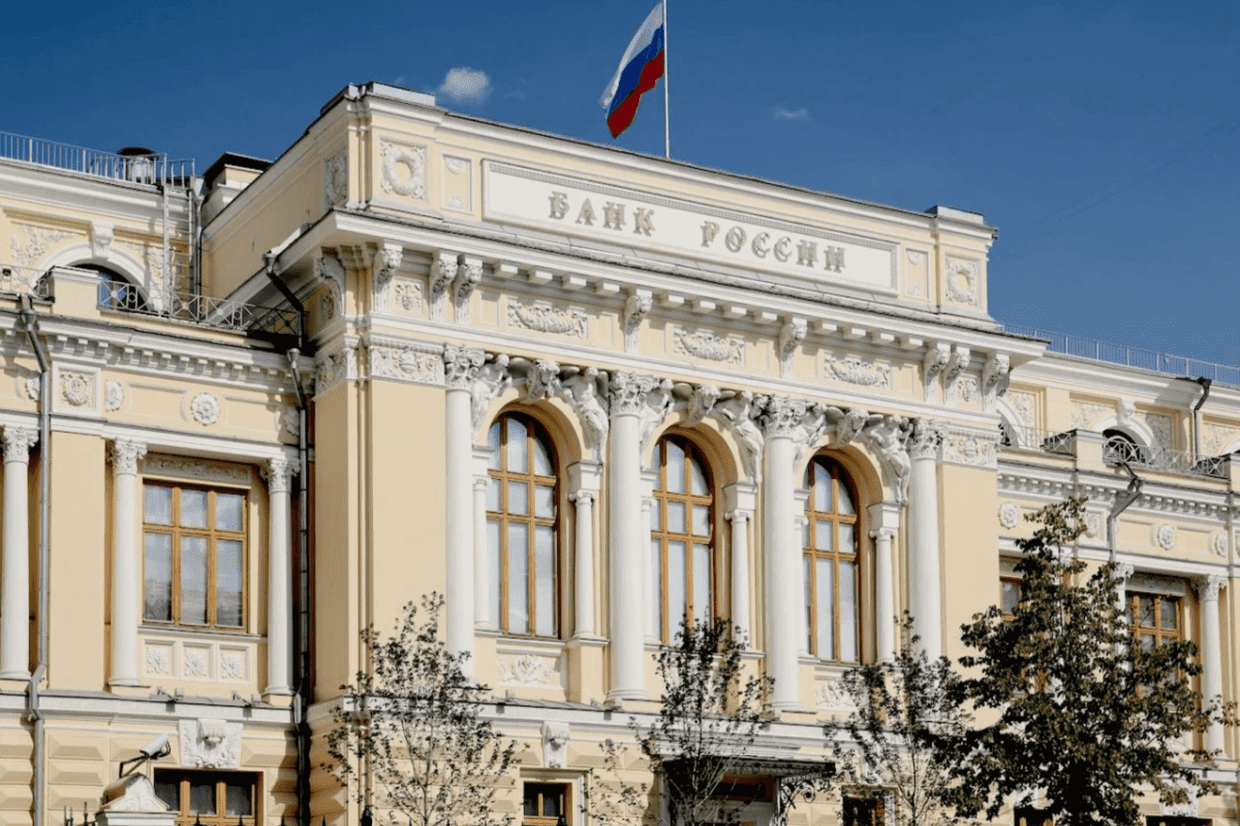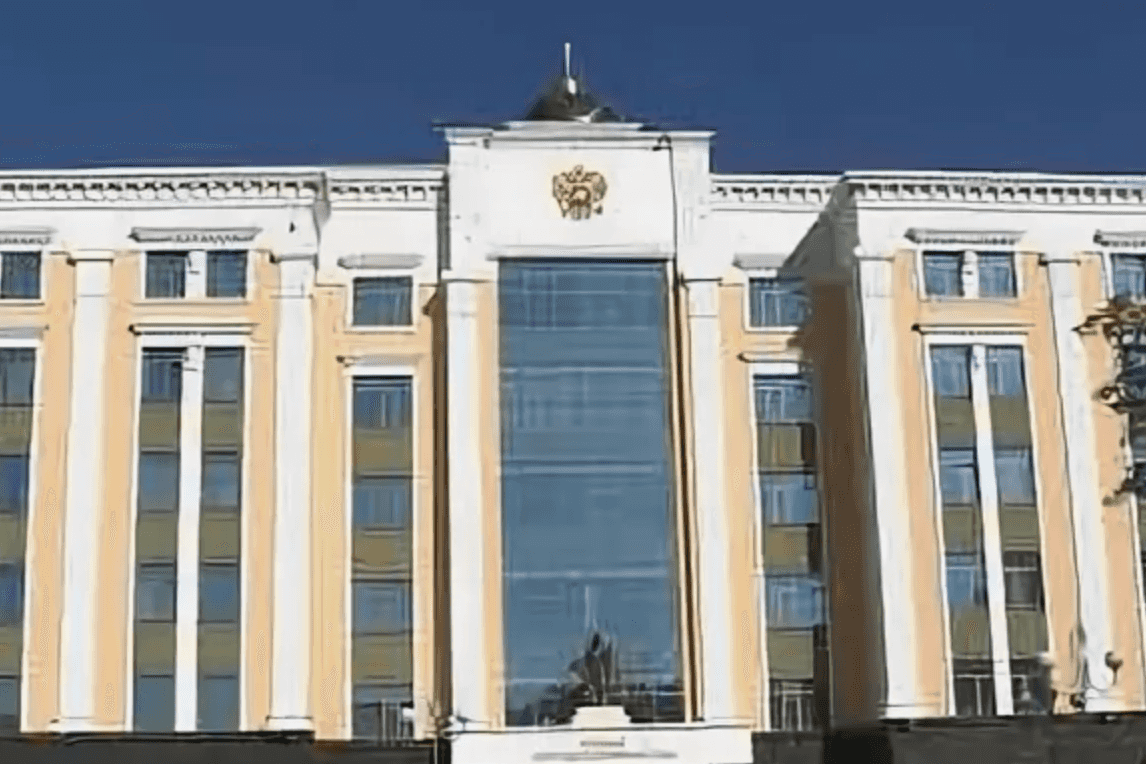Four Ingushetian residents detained in connection to deadly Moscow terrorist attack in March
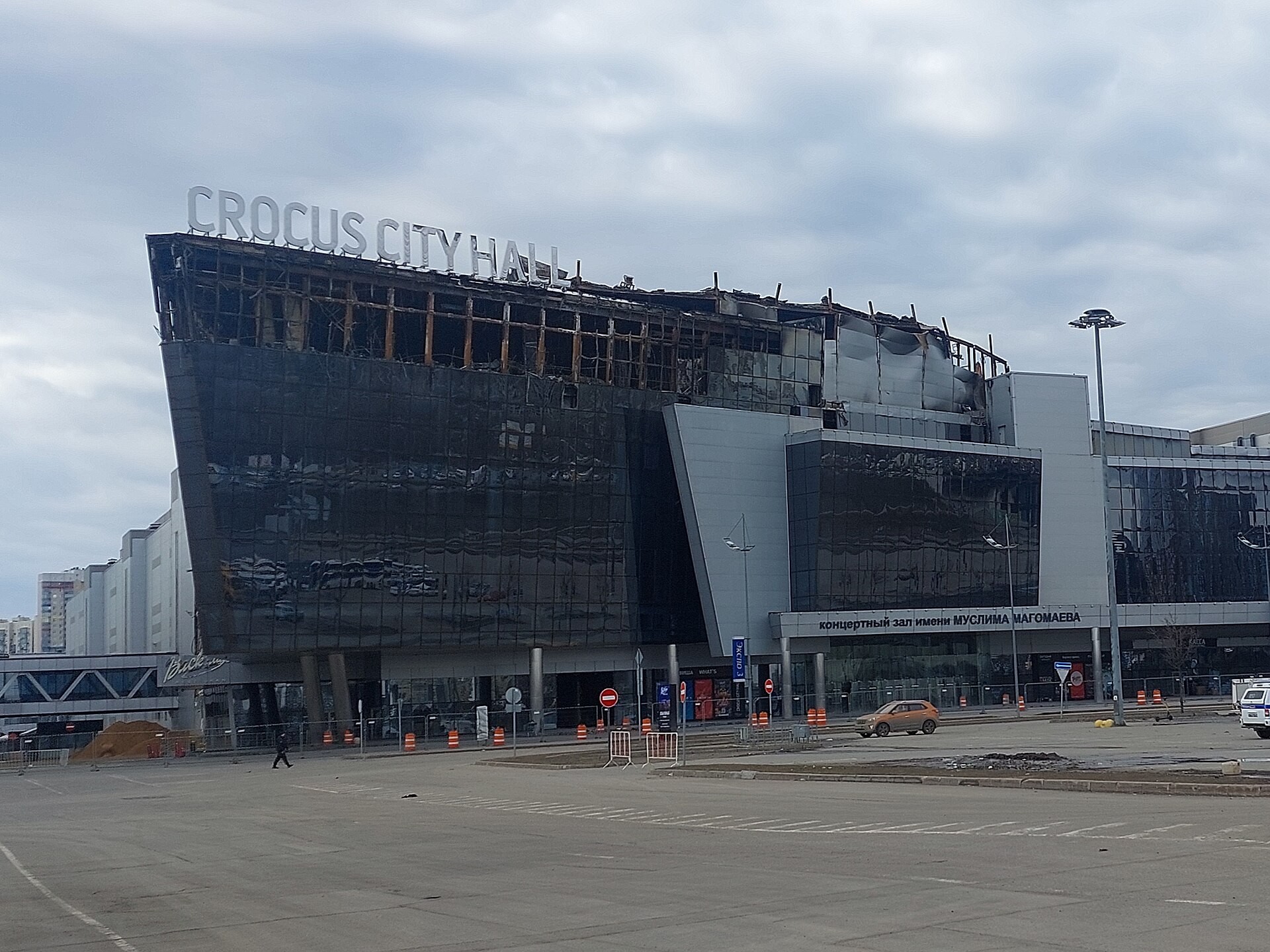
Law enforcement agencies have detained four residents of Ingushetia on terrorism charges, the pro-Kremlin newspaper Izvestiya reported on Thursday, citing unnamed sources.
According to police, the four detainees helped to hide Batyr Kulayev, an Ingushetian native and one of the militants reportedly involved in the March terrorist attack on Crocus City Hall that killed almost 150 people.
The suspects were preliminarily identified by the Telegram account Two Majors, which is affiliated with Russian security agencies. According to the account, the detainees were 22-year-old Khusen Kulayev, 27-year-old Makhmud Kartoyev, 28-year-old Mansur Tochiyev, and 35-year-old Magomed Santaliyev.
Izvestiya’s source corroborated the names of the suspects.
In a video shared by the account, the suspects described exactly how they had helped Batyr Kulayev. Khusen Kulayev, who is not a direct relative, said that Batyr, who is on the federal wanted list for illegal arms trafficking, spent several nights at his home, in addition to driving him in his car to wherever Batyr wanted to go.
‘[I was] embarrassed by it, only I didn’t realise it at the time. I’ve only now started to realise it and repent for it,’ Khusen Kulayev said.
It is unknown if the four confessed under duress. Human rights activists have pointed out that detainees on suspicion of terrorism are often tortured in order to extract a confession. Torture was also openly used against the direct participants of the attack on Crocus City Hall — one of them had his ear cut off and was forced to eat it in a filmed incident and another allegedly had his eye gouged out.
In November, Batyr Kulayev and three more citizens of Ingushetia were announced as suspects in connection with the attacks, and have been accused of handing over the coordinates of a cache of Kalashnikov rifles intended for the attackers. Khusein Medov and another Ingushetian, Dzhabrail Aushev have already been taken into custody and transferred to Moscow, while Batyr Kulayev and a fourth suspect, Ingushetian Khavazh-Bagaudin Aliyev, are still wanted by police.
During the latest arrest reported on Thursday, law enforcers allegedly found weapons and ammunition. They also found correspondence with the leaders of the Batalhadzhin religious organisation, which is recognised as a terrorist group and banned in Russia. The four suspects are also reportedly members of the same group. Izvestiya’s source said Batalhadzhin’s leadership actively helped accomplices of the Crocus attack hide or escape abroad.
Other items seized by law enforcement included a patch of the Batalhadzhin Rapid Response Squad, a Batalhadzhin unit that is taking part in Russia’s full-scale war against Ukraine as part of Chechnya’s Akhmat special forces.
Representatives of the Batalhadzhin religious organisation consider themselves followers of the Sufi sheikh Batal-Khadji Belkhoroyev, who lived at the turn of the 20th century. The Batalkhadzhin brotherhood, which is considered one of the most influential and insular in Ingushetia, includes about 20,000 people.
In 2018, one of Batalkhadzhin’s leaders, Ibragim Belkharoyev, was assassinated. A week later, an assassination attempt was made on the head of the Ingush Centre for Countering Extremism, Ibragim Elzherkiyev. He survived, but soon after was killed during a second attempt on his life. Investigators said Elzherkiyev’s assassination was at least partially motivated by revenge on the part of the Batalkhadzhin organisation.
Russia’s Southern Military Court is currently trying 12 members of the Batalkhadzhin organisation accused of murdering Elzherkiyev and his brother, a prominent Moscow surgeon.
Chechen head Ramzan Kadyrov has openly supported the Batalkhadzhin organisation.
‘If the Batalkhadzhins are terrorists, then I am terrorist number one,’ Kadyrov has said. He called the phrase ‘Batalkhadzhin terrorist community’ absurd.
On 22 March, armed men stormed the Crocus City Hall concert hall in the Moscow suburb of Krasnogorsk. According to official data, 145 people were killed in the attack, which Russia’s Federal Security Service (FSB) qualified as a terrorist act. Eleven people have been arrested in connection to the attack, which was the worst incident of terrorism in Russia in two decades. An Afghan subsidiary of the Islamic State, Wilayat Khorasan, claimed responsibility for the attack.
The main attackers at Crocus City Hall were citizens of Tajikistan. In March, five natives of Dagestan — Shakhromjon Gadoyev, Zubaidullo Ismoilov, Husein Khamidov, and Mustakim and Umejon Soliyev — were detained in connection to the case.



